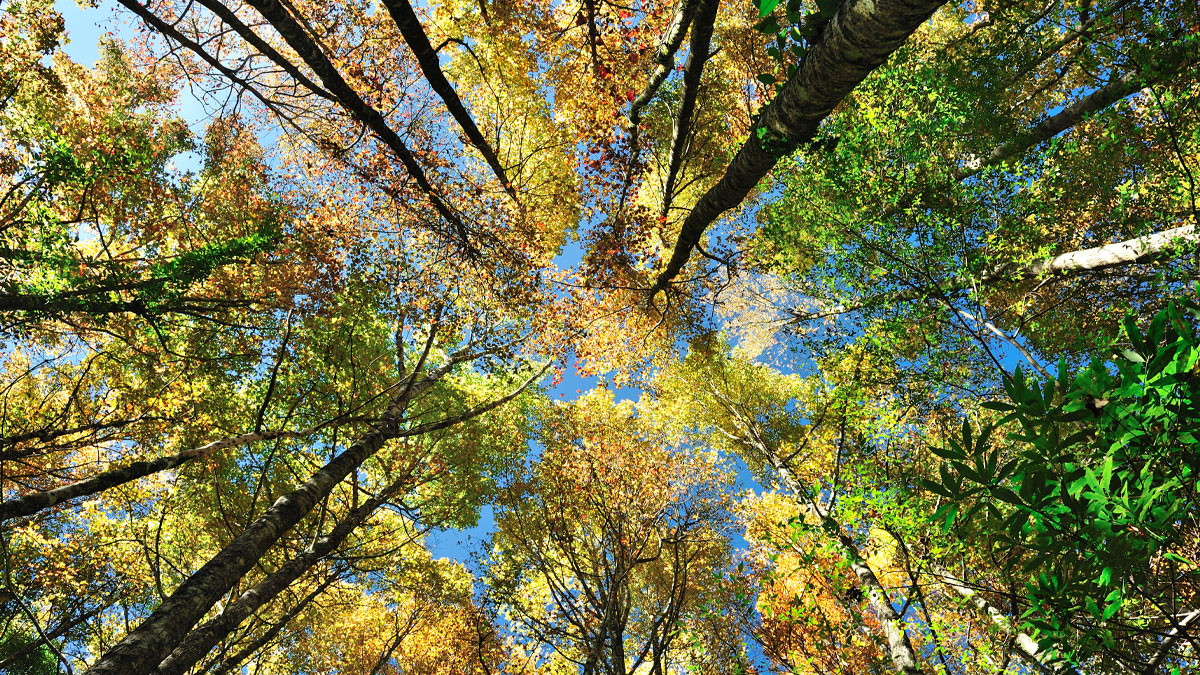Climate strikes, ecological breakdown, species loss. Anger, environmental peril and social consequences. Daily, we are witnessing how climate change brings devastation and social disruption.
Students joining Reading's Department of Geography and Environmental Science are galvanised; ready to make a difference and find solutions. They study with leading researchers at the forefront of climate science, such as Professor Hilary Geoghegan.
“My research highlights the relevance and value of geographical thinking to contemporary issues, such as tree health, biosecurity, climate change and challenging 'business as usual'.”
Cultural geography
As a cultural geographer, Professor Hilary Geoghegan's research focuses on cultures of enthusiasm and interrogates the ways in which emotional affiliations influence people's actions, passions and performances in the world.
In particular, she is interested in how knowledge is made and expertise is performed around issues such as climate change, nature conservation, tree health and plant biosecurity, as well as the role of emotions and enthusiasm in science, policy and everyday life.
“I have developed my research to enable students to build partnerships with my many contacts. These include the Science Museum in London, Forest Research and the Woodland Trust.
"Further fieldwork relates to combining human and physical geography research through interdisciplinary work on issues relating to trees, landscape and climate."
Opportunity for students to be at the cutting-edge of climate study
A significant opportunity for Reading's geography and environmental science students is the £1.3 million investment by the National Environment Research Council (NERC) for the Community for Engaging Environments project.
This project brings together experts from a range of disciplines to collaborate with diverse communities on environmental challenges. Hilary leads this national venture:
"Students are fully immersed in our professional research projects, like the NERC Community for Engaging Environments, from day one. This ensures a strong, compelling learning curve, not to mention the advanced expertise these students take out into the world – skills that are sought after and valued by any employer."
Citizen science
At the core of Hilary's approach to research is asking important questions through ethnographic methodologies and participatory action research.
A significant part of her research to date has focused on tree health issues in the UK and the rise of citizen science approaches. She has ongoing research projects: on oak tree health (with Jackson and Shaw), Chalara dieback of ash, and tree health citizen science.
Hilary is Editor of the Royal Geographical Society (with IBG) journal area, represents social science researchers on the UK Environmental Observation Framework Citizen Science Working Group, and has advised on Defra's Tree Health Citizen Science fellowship.
She is a member of the ESRC Peer Review College, Fellow of the Royal Geographical Society (with IBG), and Associate of the Science Museum's Research and Public History Department.
In 2018, Hilary won the Royal Geographical Society (with IBG) Gill Memorial Award for Outstanding Early Career Research in cultural geography, as well as the Reading Students' Union Teaching Excellence Award for Sciences.
